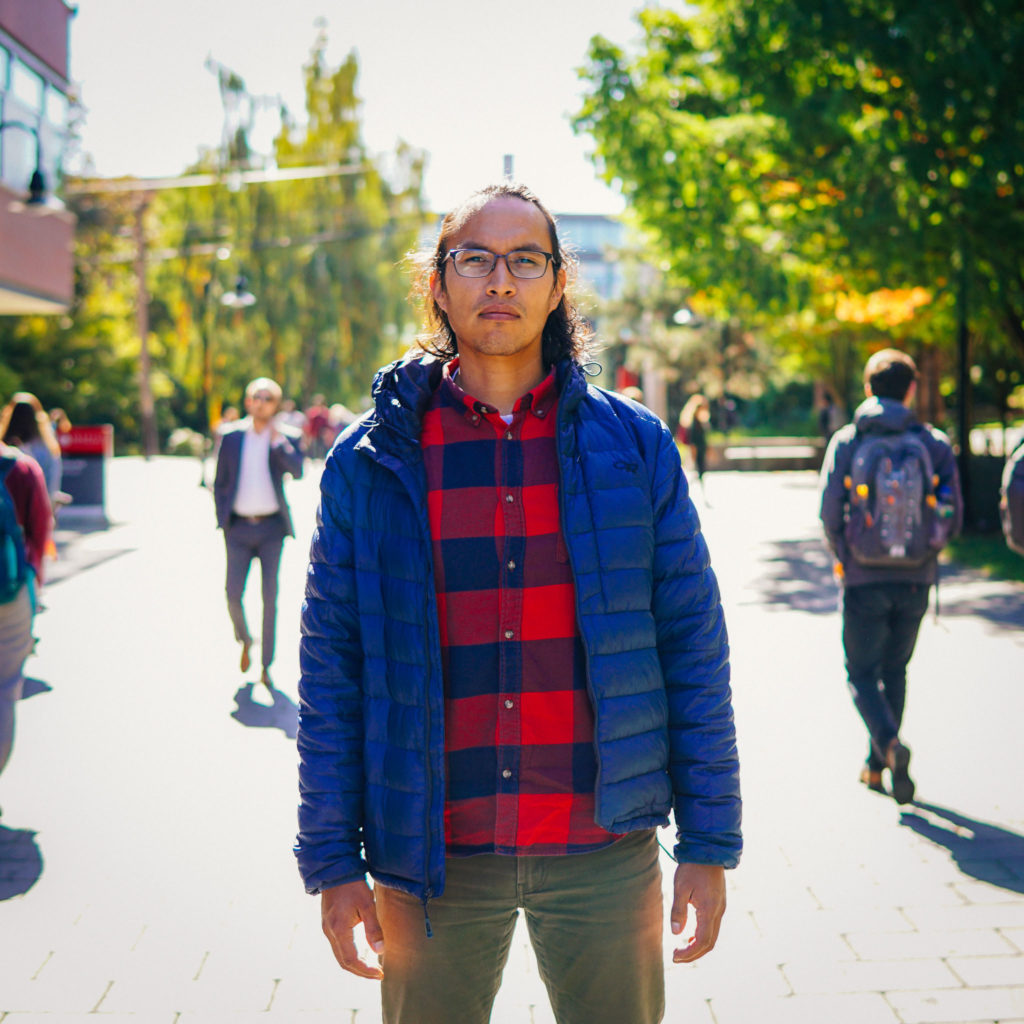Deferred Action for Childhood Arrivals (DACA), is a way for the government to identify a group of individuals, in this case those who immigrated to the United States as children, as low priority for deportation. This Obama era implementation is now ending, with the last possible DACA renewal applications due on Oct. 5, 2017. On March 6, 2018, it will cease to exist.
Once DACA status has expired, individuals with this status, known as Dreamers, become eligible for immediate deportation, leading many to fear that Immigration and Customs Enforcement (ICE) agents will start rounding up Dreamers across the country, and that they could come to Seattle University.
After speaking with David Lance of the Associate University Counsel, it became clear that a future where this occurs is plausible, despite the general understanding that college campuses are a prohibited zone for agents.
In 2011, ICE issued an internal memo declaring college campuses, hospitals, and religious locations sensitive spaces, meaning that ICE will not enter these locations. However, this is merely an administrative guideline and technically holds no legal bearing.
“We are hopeful and think that that’s highly unlikely,” Lance said. “We haven’t heard anything to the contrary on that, but that’s one thing to try to make sure people are aware of.”
It is this notion that led students and faculty alike to gather in a Pigott classroom at lunchtime on Thursday, Sept. 28, where Immigration Lawyer Devin T. Theriot-Orr, along with David Lance, led a workshop entitled “Know Your Rights.”
Organized by the Pre-Law Student Association and the Scarlet Group, the speakers did their best to educate undocumented students, allies, and faculty members on what to do if approached by ICE agents.
Lance repeatedly advised calling the Office of the University Counsel as soon as an ICE agent makes contact, while Theriot-Orr ensured that everyone understood the legality of the matter, including the right to remain silent, the right to a private attorney, and the right to know whether you’re being detained or not, while highlighting that agents can be tricky to deal with. They also emphasized that while ICE agents aren’t expected to come onto our campus, it’s better to plan for the worst.
Though many of the worst-case scenarios were highlighted during the workshop, those conversations speak to a constant fear that many members of the Seattle U community live with every day, and have been living with for years. The discontinuation of DACA has brought the issue of immigration to the forefront of the public realm, though for those with undocumented status, it is their life.
Over the years, students have been in dialogue with the University in attempts to further the resources available to undocumented students, and the University hopes to continue these conversations in the future. But as the political climate continues to rapidly change around us, undocumented students are rallying and creating their own resources.
The Scarlet Group is new to campus, serving as a support group for undocumented students centered around community, organized and led by junior Civil Engineering major Jorge Lara Alvarado. He explained the importance of creating this space for the community.
“A lot of people have told me that [creating a physical space] could be an issue because it’s a matter of privacy, because it just makes it easier to identify us undocumented people,” Lara Alvarado said. “But I disagree with that because I think that… by creating a physical space that compiles all of the resources it one, makes it easier for students to find out what’s available for them and two, I believe that this is a way to empower and show that the university supports them fully.”
While Lance reiterated the institution’s commitment to undocumented students during the workshop, Lara Alvarado highlighted the often difficult nature of navigating the available resources on campus, voicing a desire for the community at Seattle University to be trained on good practices for supporting undocumented students.
“Most of the time allies assume what it is that undocumented people or students need without asking or without having them be a part of the conversation,” said Lara Alvarado.
For him, it is essential to maintain respect and recognition for the work of the diverse and intersectional undocumented community. At the workshop, Lance and Theriot-Orr expressed the importance of conversation, both among allies, and with the University, to continue this support for the undocumented community at Seattle U.
“Continue to organize, to press the issue with the administration, show up when there’s events, raise the issues and talk about them,” Theriot-Orr prompted.
As for the undocumented community at Seattle U, Lara Alvarado said, “I just want to remind them that they’re not alone… we are here to fight together.”
If you would like to learn more about the Scarlet Group, they’re available on Facebook @thescarletgroup.
Editor may be reached at
news@su-spectator.com









